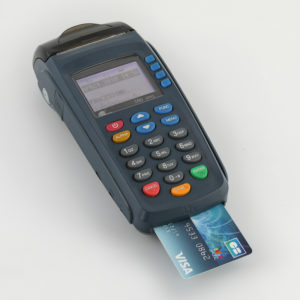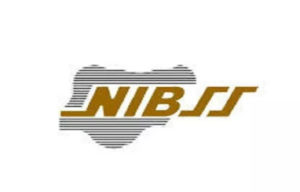By Chioma Obinagwam
Nigeria’s apex Bank, the Central Bank of Nigeria (CBN), has directed merchant acquirers and other operators in the payment system to take steps towards enhancing pre-authorisation and sales-completion of card transactions in the country.
The apex bank who disclosed this in a circular signed by its Director, Payment System Management Department, Mr. Musa Jimoh and posted on its website on Monday, December 30, 2019 noted that the directive became necessary because it had identified the predominant use of single messaging format for PoS transactions as an obstacle to the use of pre-authorisation as a mode of payment in Nigeria.

A card pre-authorisation, Confiance News gathered, is a process similar like many other card charges, with the exception that, instead of debiting money from the card, the funds are put on ‘hold’ temporarily or for a few days where duration of this hold depends on the Merchant Classification Code (MCC) or banking policy.
Moreover, card pre-authorisation as opposed to full authorisation is known to among other benefits, ensure that customers pay their services, prevent charge backs and improve customer satisfaction.
Consequently, it directed all merchant acquirers to obtain Acquirer Device Validation Certification or the applicable testing completion notification from the CBN-licenced card schemes.
According to the Bank, by the directive, all PoS terminal must have the capability for transaction pre-authorisation and sales completion.

Furthermore, Payment Terminal Service Aggregator (PTSA) also known as Nigeria Interbank Settlement System (NIBSS) is to ensure that only banks that have conducted and obtained Point of Sale (PoS) terminal validation certificate for pre-authorisation and sales-completion from the relevant card schemes, have their PoS terminals registered on the Central Terminal Management System.
“All card issuers are required to build the capability and enable the processes for pre-authorisation and sales-completion of transactions.
“Card schemes are also required to provide online simulators for acquirers and issuers to test their systems, when necessary,” it disclosed.
The central bank stressed that the circular takes immediate effect, but with a deadline of July 31, 2020, for full compliance, after which appropriate sanctions would be imposed for contraventions and non-compliance.
It noted that the move was part of its commitment to facilitate the development of the Nigerian payment system and deepen the adoption of various electronic payment options available to users.








Leave a comment